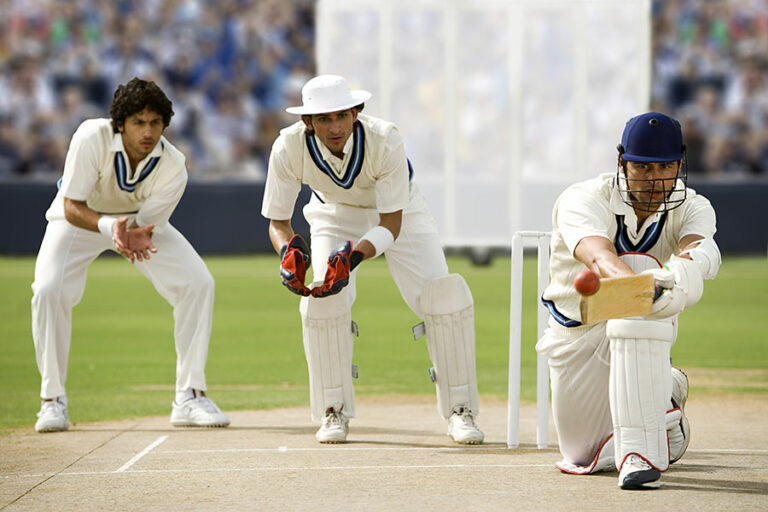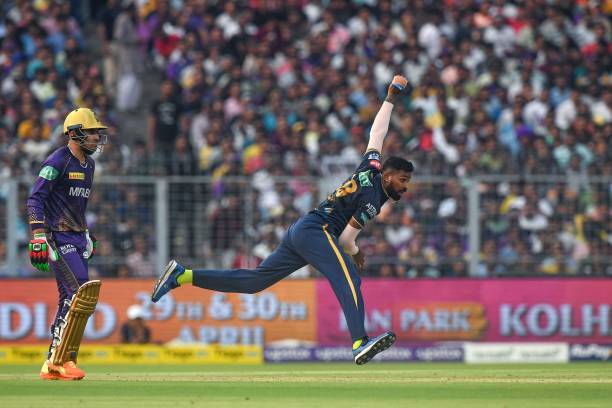Security Challenges Faced During International Cricket Tournaments
diamond exch 999, play 99 exch login, reddybookclub: As cricket fans around the world eagerly anticipate international tournaments such as the ICC Cricket World Cup and the T20 World Cup, there is a behind-the-scenes aspect that is of utmost importance security. Ensuring the safety and security of players, officials, spectators, and the general public during these high-profile events is a significant challenge that tournament organizers must address.
The nature of international cricket tournaments, with matches being held in various countries and venues, poses unique security challenges that require meticulous planning and coordination. From managing crowds to preventing terrorist threats, here are some of the key security challenges faced during international cricket tournaments.
1. Crowd Management:
One of the most critical aspects of security during cricket tournaments is managing the large crowds that gather at stadiums to watch matches. Ensuring that spectators enter and exit the venue safely, maintaining order inside the stadium, and preventing overcrowding are all essential considerations for security personnel.
2. Terrorism Threats:
In today’s world, the threat of terrorism looms large over major events such as international cricket tournaments. Security agencies must be vigilant and proactive in identifying and mitigating potential threats to ensure the safety of everyone involved.
3. Cybersecurity:
With the increasing reliance on technology in all aspects of the game, cybersecurity has become a significant concern for tournament organizers. Protecting sensitive data, preventing cyber attacks, and ensuring the integrity of online systems are all part of the security challenges faced during international cricket tournaments.
4. Player and Official Safety:
The safety and security of players, coaches, and officials are paramount during international tournaments. Measures such as secure transportation, accommodation, and personal security details are essential to safeguarding the well-being of those involved in the tournament.
5. Fan Behavior:
Maintaining the peace and orderliness of fans both inside and outside the stadium is another key security challenge. Preventing unruly behavior, managing alcohol consumption, and ensuring the safety of everyone in attendance are priorities for security personnel.
6. Venue Security:
Securing the various venues where matches are held is a massive undertaking during international cricket tournaments. From access control to perimeter security, ensuring that venues are safe and secure is a top priority for organizers.
7. Coordination with Law Enforcement:
Close coordination with local law enforcement agencies is essential for ensuring the success of security operations during international cricket tournaments. Collaboration between security personnel, police, and other relevant authorities is critical for a seamless security plan.
In conclusion, international cricket tournaments present a myriad of security challenges that require careful planning, coordination, and implementation. By addressing issues such as crowd management, terrorism threats, cybersecurity, player safety, fan behavior, and venue security, organizers can ensure that these high-profile events are conducted safely and securely for all involved.
FAQs:
Q: Are metal detectors used at cricket stadiums during international tournaments?
A: Yes, metal detectors are commonly used at cricket stadiums to enhance security and ensure the safety of everyone in attendance.
Q: How are security threats assessed and mitigated during international cricket tournaments?
A: Security threats are assessed through intelligence gathering, risk analysis, and collaboration with relevant authorities. Mitigation measures may include increased surveillance, enhanced screenings, and security drills.
Q: What role do security personnel play in ensuring the safety of players and officials during tournaments?
A: Security personnel are responsible for implementing security protocols, managing crowd behavior, monitoring venue security, and coordinating with law enforcement agencies to ensure the safety of players and officials.





